Meaningful Involvement and Emotionally Intelligent Teams
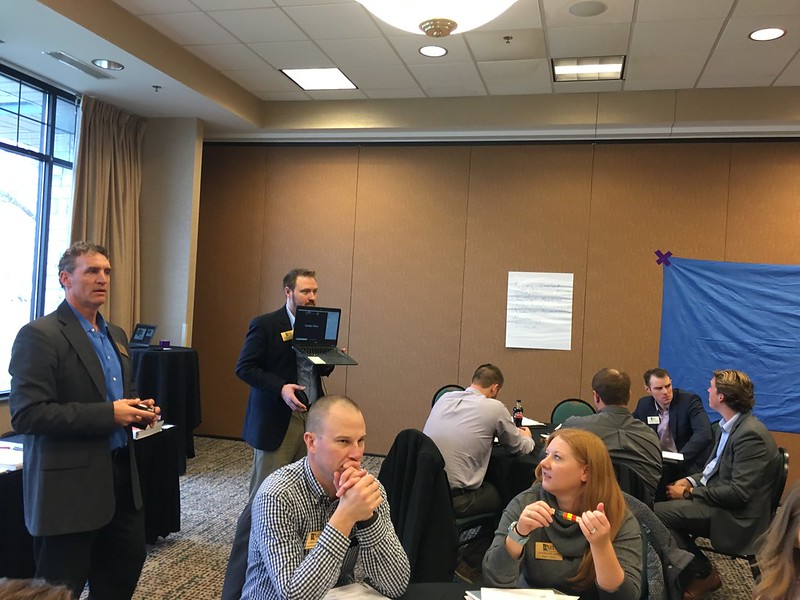
After a MARL break from June until mid-November, Class X met up in a beautiful lake-side setting on Lake Bemidji. While homework was assigned during this time off and EQ-i groups met, there was a lot of catching up to do.
What role do we play within our families/work?
We dug right back into self-improvement and building leadership skills with a session on Acknowledging our Roles with Program Leader, Mr. Toby Spanier. Moving to a group circle setting, we started with the reflection question, “What role do I play within my family/work.” A variety of roles were shared such as coordinator, leader and listener. Goal: Take time to reflect on your roles in your work and personal life and evaluate why those are your roles.
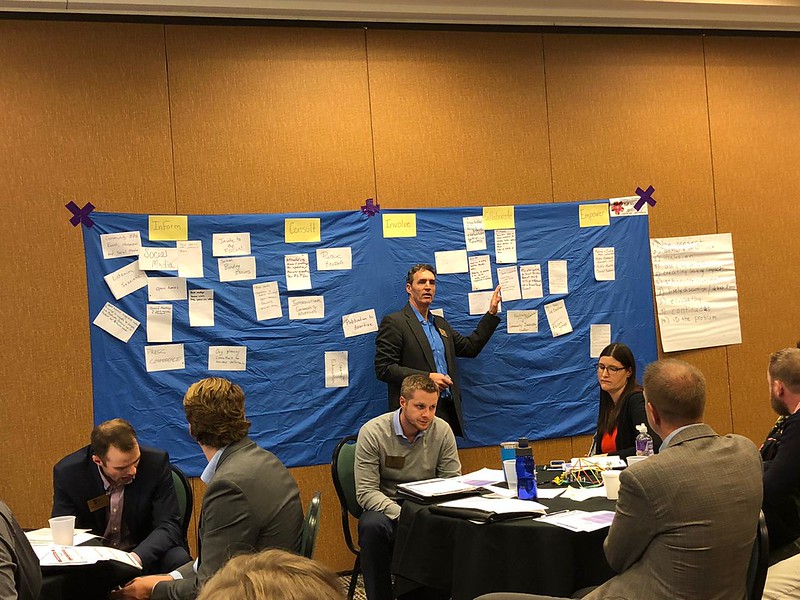
What makes our involvement meaningful?
The group sharing transitioned well into our next session on Meaningful Involvement also led by Mr. Spanier. We started by going through the four core competencies to be a good leader (Personal, Relational, Analytical, Strategic). Our learning and discussion focused around the question, “What makes involvement meaningful?” We looked into what our efforts/experiences with public participation has looked like through considering the what, why, who, how and when of public participation and utilizing the International Association for Public Participation Spectrum. A large blue sticky sheet was used to display our public participation activities such as listening sessions, press conferences and social media and the five areas of IAP2 (Inform, Consult, Involve, Collaborate, Empower). Goal: Build on the competencies where we are not as strong. Use Stakeholder Identification Tool, Power and Interest Grid, and IAP2’s Public Participation Spectrum.
How can we fund the work we care about in our communities?
Our next session had us divided into two groups for sessions on Fundraising and Community Impacts led by Mr. Matt Musel of Metropolitan State University and Mr. Kyle Erickson of the Blandin Foundation. In our session with Mr. Erickson, we received information to better understand how foundations work. Their foundation makes funding decisions based on aligning with interests and values, relationships, communication, and community impact. Mr. Erickson brought a lot of past experience and helpful tips to the session. The session led by Mr. Musel taught us how to raise the most amount of financial support in the most effective way. This method starts with asking for help, identifying your needs and using your imagination. Mr. Musel had a great passion and energy for teaching and sharing his information. Goal: When fundraising, make the big ask. It is as hard to ask for $5 as is it $5 million. When applying for grants, know your foundation’s goals and values and build a path to where you want to go.
How can we exercise effective engagement?
The Art of Hosting was our final session of the day before our banquet. Mr. Spanier led us through this leadership approach using the World Cafe method. Several students were seated at each round table and we had a conversation topic centered on the question, “What are the needs in your community?” After a set amount of time, students moved to new tables with one host remaining at their original table. This continued the conversation and allowed for different perspectives on the conversation as we went through several more questions. At the end of the World Cafe, we had a whole-group harvest of information. Goal: Utilize World Cafe in our leadership/work settings.
The evening wrapped up with a banquet featuring guest speaker Mr. Michael Meuers. Reflections were given by MARL Class X classmates Mr. Ben Mussehl and Mr. Grant Crawford and MARL Class V Alum Ms. Kari Howe.
Submitted by Erin Spangler
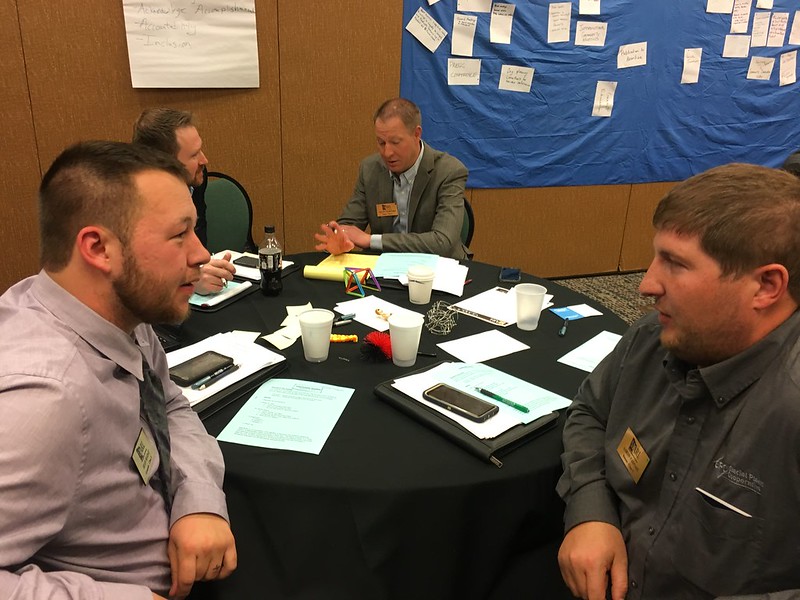
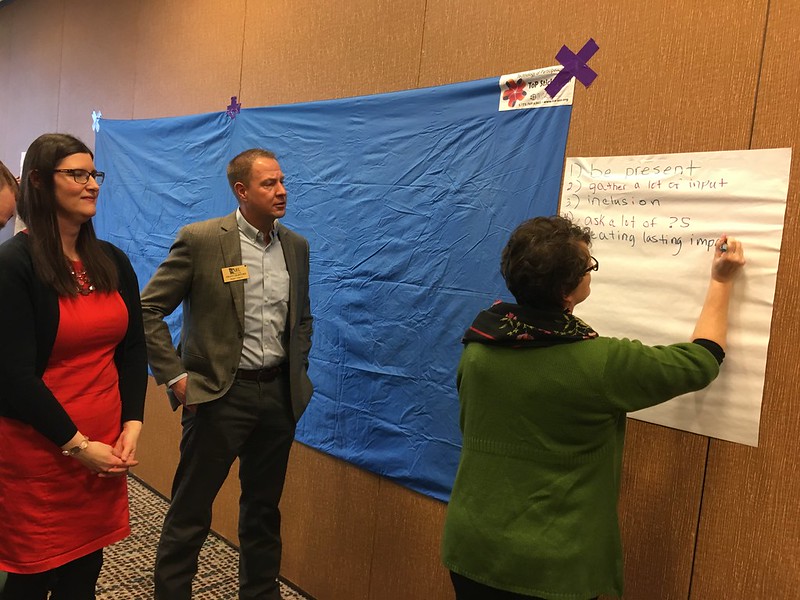
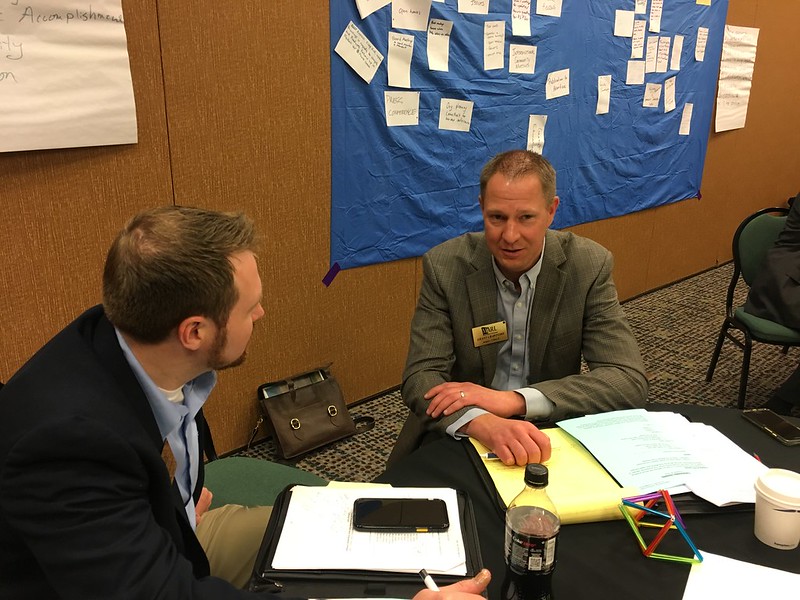
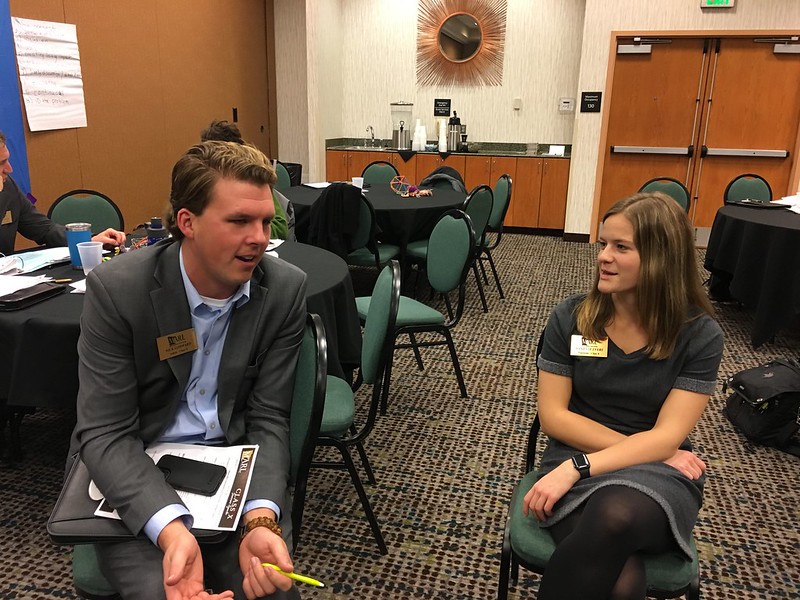
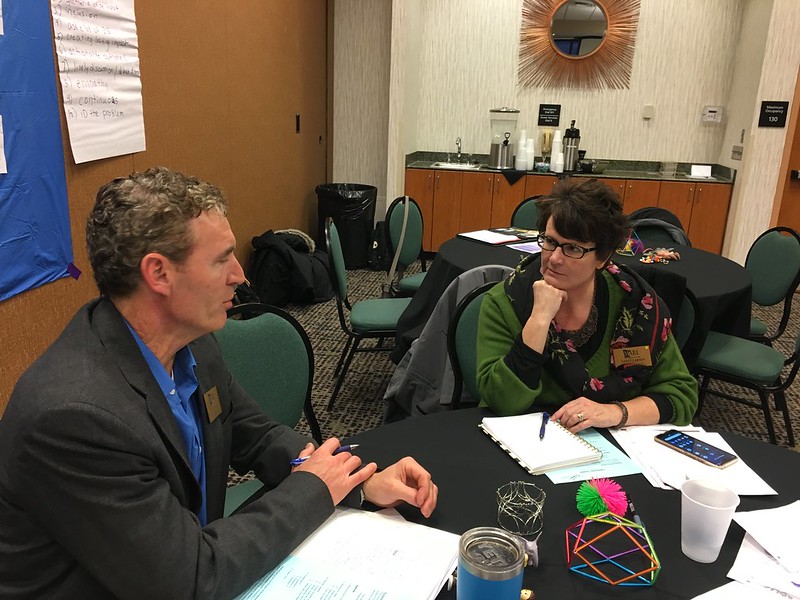
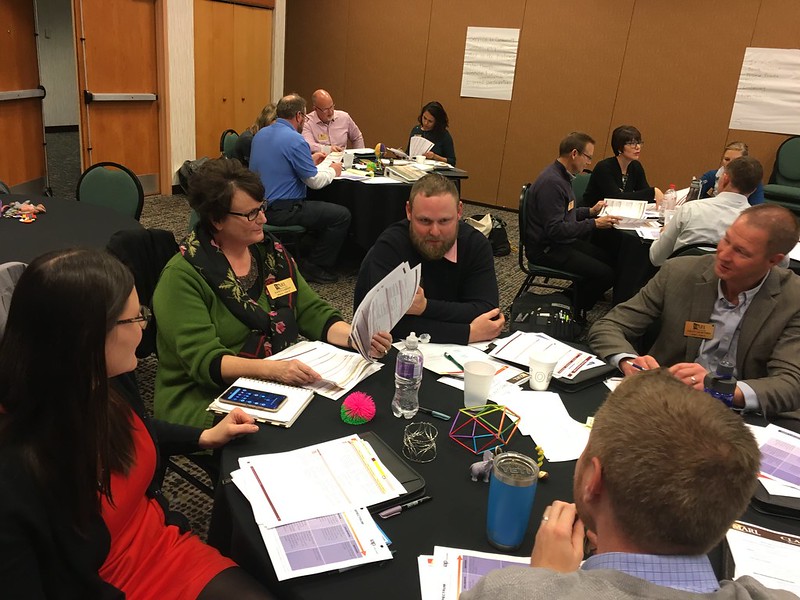
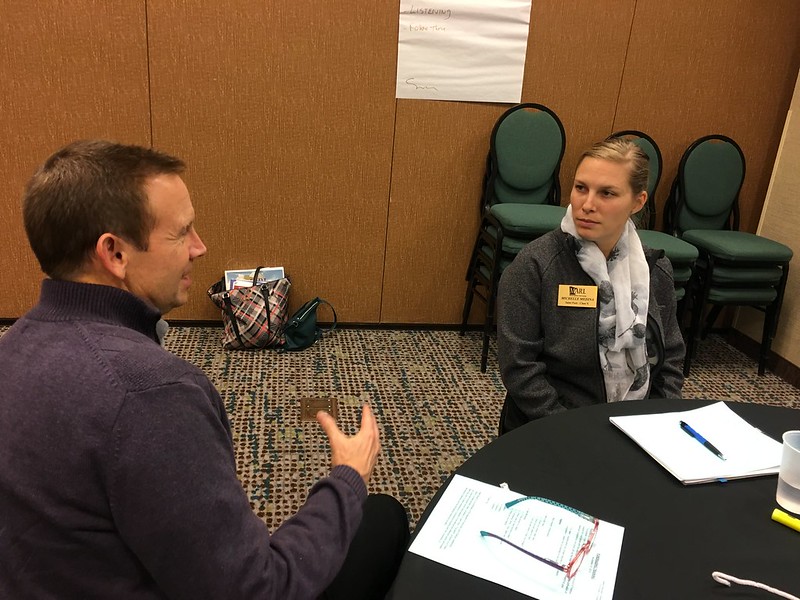
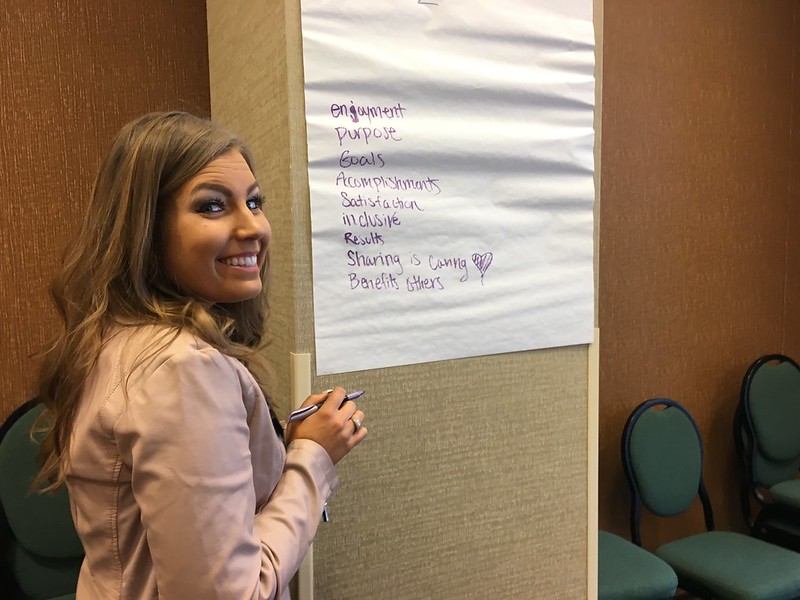
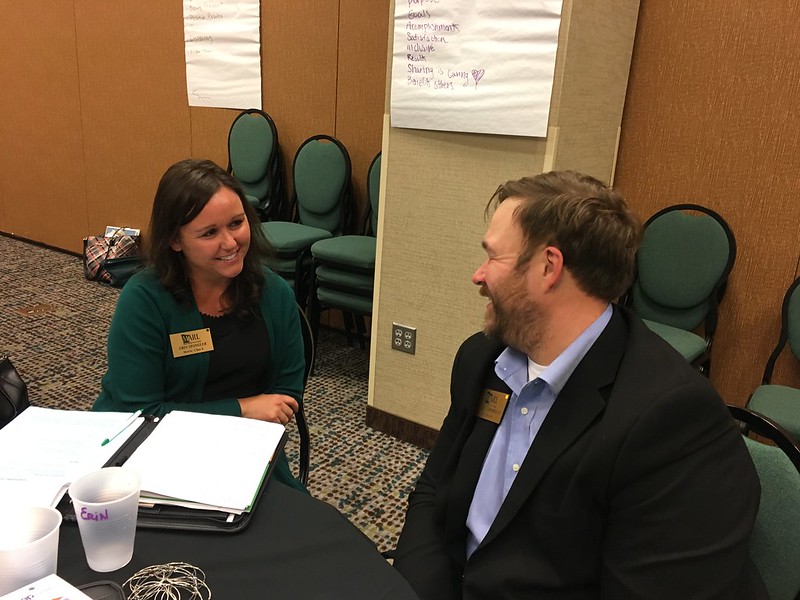
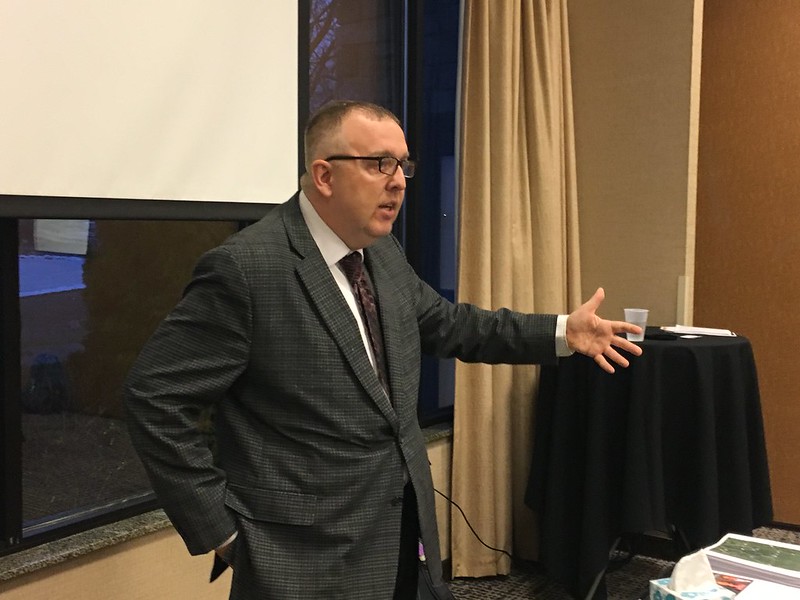
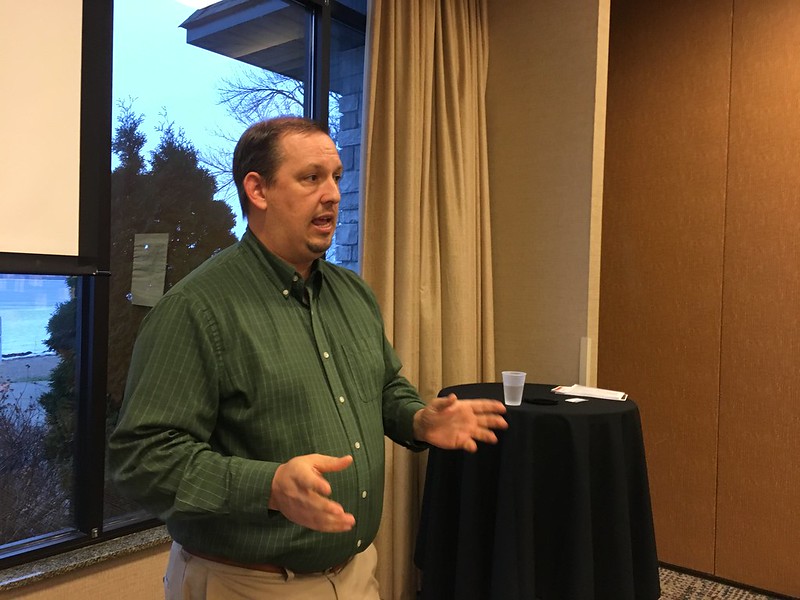
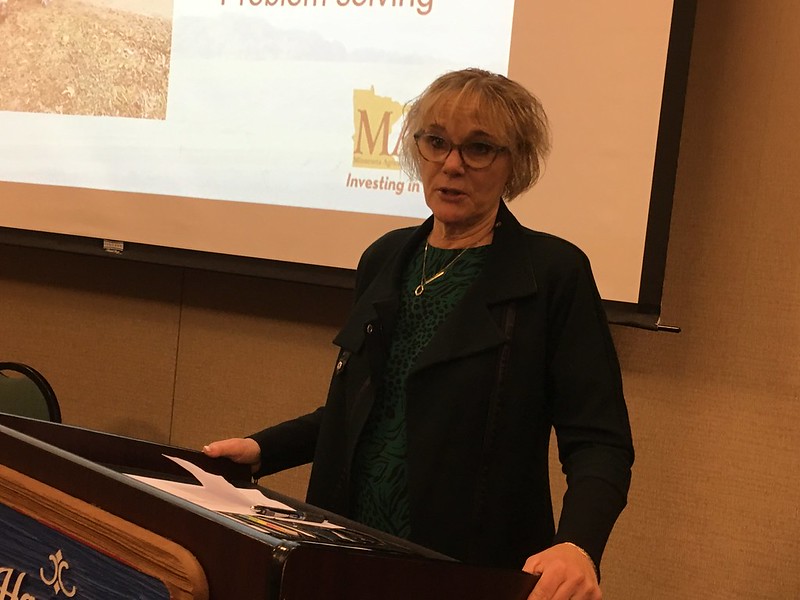
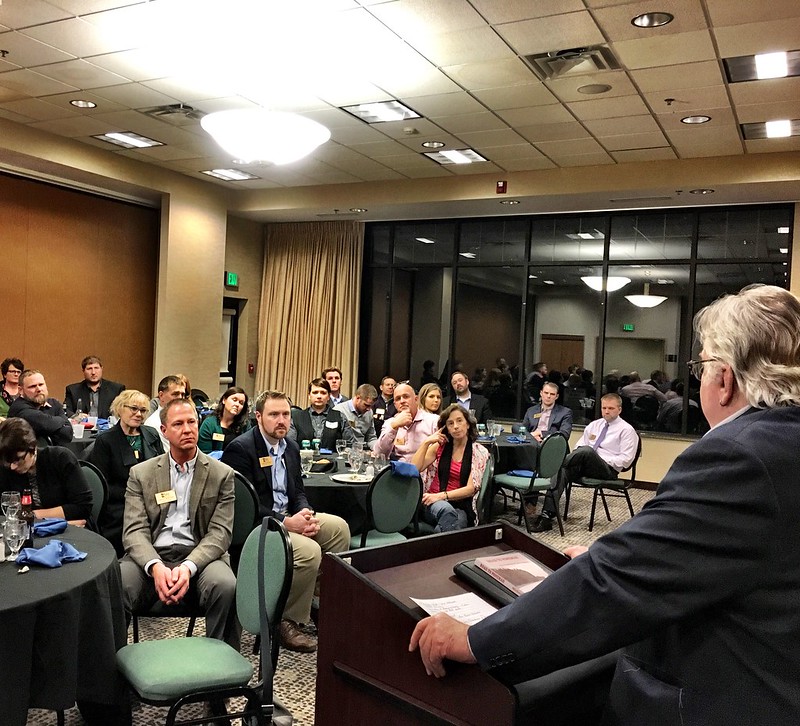
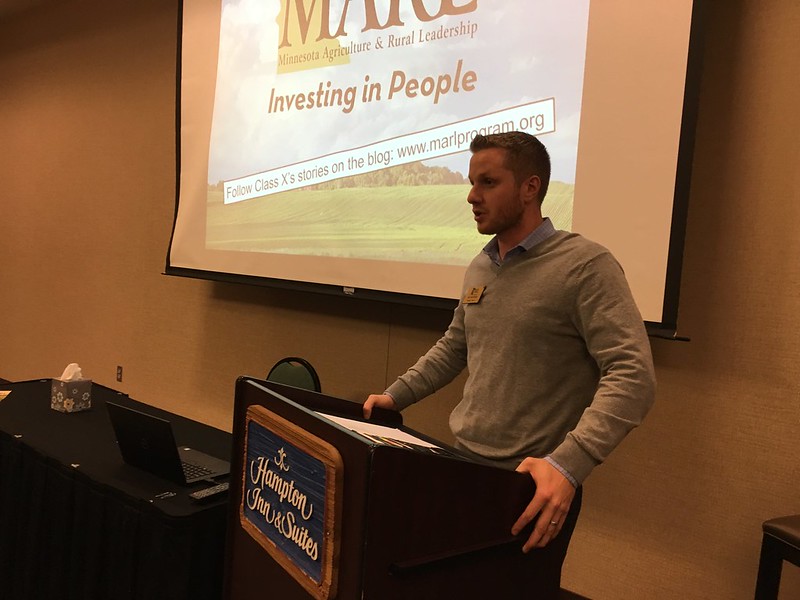
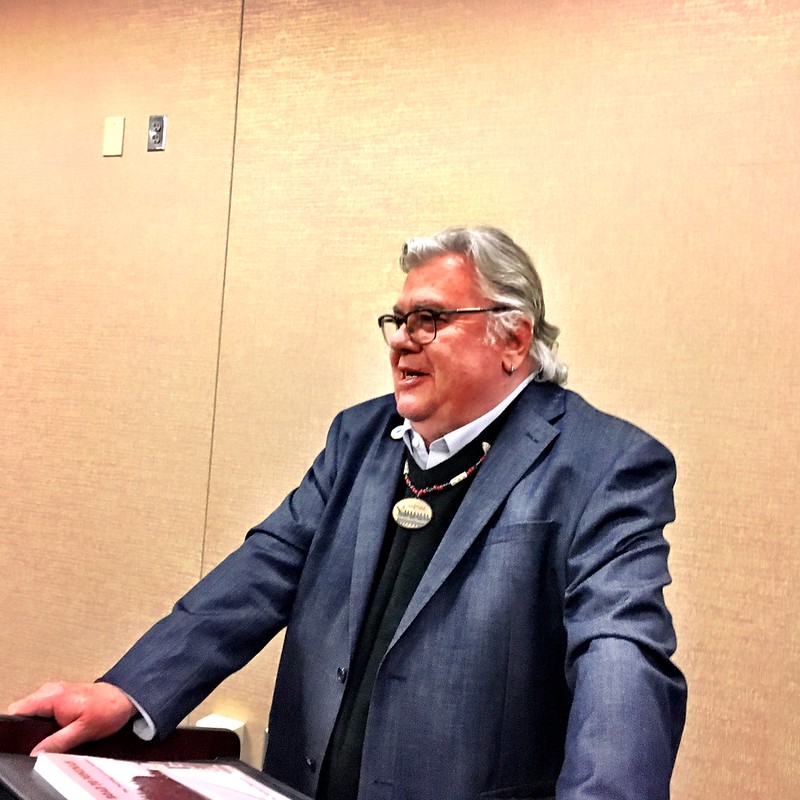
Comments